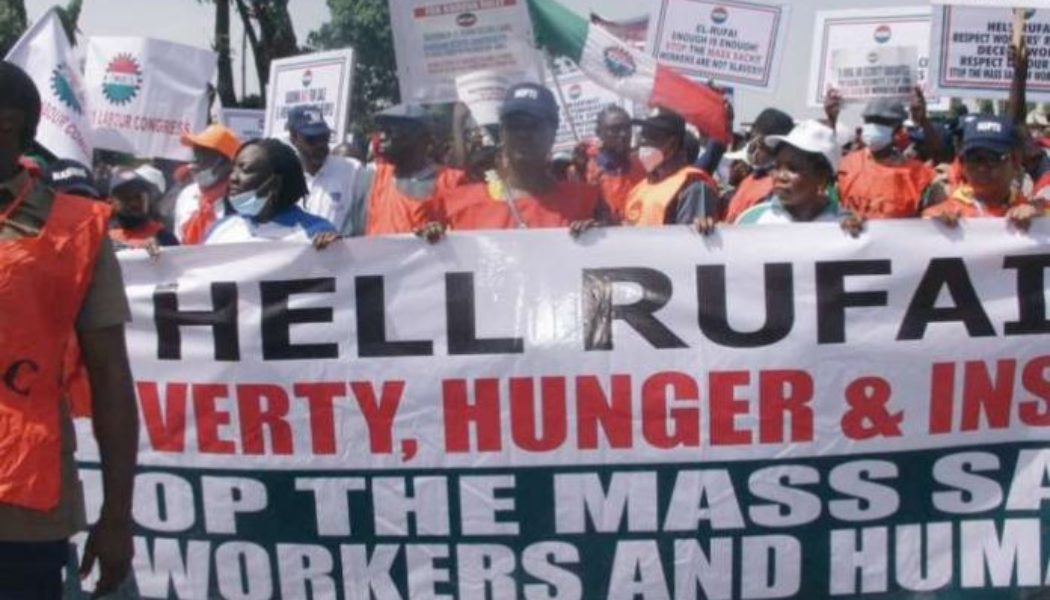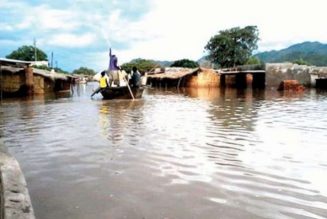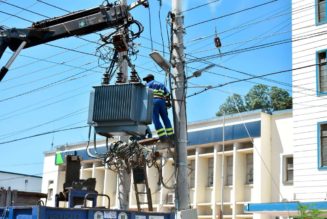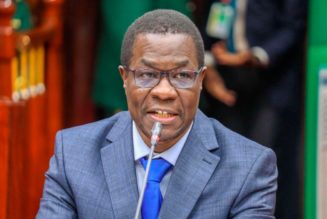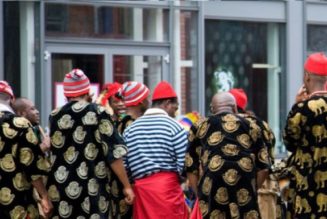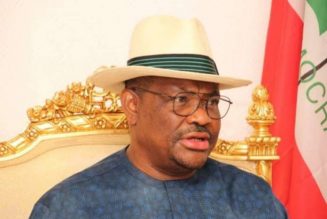
Activities in Kaduna State have been paralysed as the five-day warning strike directed by the Nigeria Labour Congress (NLC) over irregular sacking of civil servants began on Monday.
Checks revealed that schools, banks and other business premises had been closed.
The National Union of Banks, Insurance and Finance Institutions Employees had directed its members to withdraw banking and insurance services in Kaduna state from Monday 17.
The Zonal State Secretary of the union, Mr Adamu Danladi explained that the directive followed the NLC’s warning strike in response to what he described as Gov. El-Rufai’s “anti-workers policies”.
He said that the withdrawal of services would continue until otherwise directed by the congress.
Also, while some schools were closed, others were open but only a few teachers, pupils and students were seen hanging around.
Some of the schools visited were Local Education Authority Primary School, Mahuta, Milton College, a private school also at Mahuta, close to Refinery Junction.
Others are Government Junior Secondary School and Government Girls Secondary School all at Independence Way Kaduna.
Most of the shops at the busy Sheikh Mahmood Gumi Market, Ibrahim Taiwo and Kano Roads area of the Kaduna Central Market were under lock and key.
However, few shops and roadside sellers of provisions and other perishable items around the markets were seen selling basic items to residents.
Shops were also locked at the popular Kasuwan Bacci Market, Tudun Wada.
Offices of telecommunication service providers: MTN, Aitel and 9mobile along Yakubu Gowon Way were also shut.
There was also high compliance to the strike action by health facilities in Kaduna as health workers were visibly absent in some of the facilities visited, while others were seen outside in groups discussing the situation.
Patients, including those on admission had been discharged at General Hospital Sabon Tasha, Yusuf Dantsoho General Hospital, Tudun Wada and Gwamna Awan General Hospital, Nasarawa and the hospitals closed.
Primary Health Centres in Kakuri, Nassarawa, Unguwan Yelwa and Sabon Tasha were also closed.
Some of the patients seen outside the hospital appealed to the state government to dialogue with NLC to address grey areas so that patients would be attended to in order to avert preventable deaths.
Meanwhile, the disconnection of power supply to Kaduna state by electricity workers following the strike had disrupted many businesses and caused water scarcity in the state.
Some residents who spoke to NAN said that the blackout had affected their businesses and living condition.
A businessman, Mr Michael John, said that the power outage had crippled his business, adding that petrol stations have equally joined the strike making it difficult to access petrol to power his generator.
A resident simply identified as Malam Ado pointed out that the masses were always at the receiving end of any industrial action.
“As it is now, the elites have alternative power supply while the masses are left in darkness. This is so unfair.
“I am appealing to the NLC and the Kaduna State government to resolve the issues as soon as possible so that power and other economic activities will be restored,” he said.
Usman Abubakar, another resident said that the power outage had led to water scarcity since on Sunday, adding that most residents had to resort to patronising water vendors.
According to Abubakar, the vendors are selling a 25 litre jerrican at N40 as against the initial price of N20.
Also, Malam Shehu Lawani, a welder said that his business had been crippled and was forced to close shop following the suspension of electricity supply.
“Government should do the needful and settle with NLC because this strike is unfair to business owners like myself,” he said.
Malama Salamatu, who sells sachet water popularly known as “pure water” and soft drinks, also counted her losses, saying her sales had drastically reduced since the power outage with no alternative means of cooling her drinks.
